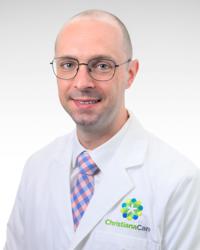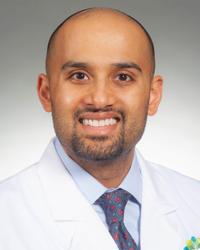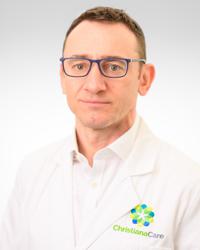Login
Types of Cancer We Treat
Stomach and Gastroesophageal Cancer
The fifth most common cancer worldwide
Understanding Stomach and Gastroesophageal Cancer
At the Helen F. Graham Cancer Center & Research Institute, we are dedicated to providing comprehensive care for patients with stomach and gastroesophageal cancers. Our multidisciplinary team of experts is committed to delivering personalized treatment plans tailored to each patient's unique needs.
Stomach cancer, also know as gastric cancer, and gastroesophageal cancer occur in the tissues lining the stomach or where the stomach connects to the esophagus. Stomach cancer is the fifth most common cancer worldwide and requires specialized care. Our center is equipped with the latest technology and research to diagnose and treat these cancers effectively.
Common Types of Gastric Cancer:
Gastrectomy, the removal of part or all of the stomach, is the main surgery for treating stomach cancer. Chemotherapy and radiation therapy can also be used to kill or stop cancerous cells from growing.
Visit our Health Library for more details on Gastric Cancer.
To schedule an appointment, call 302-733-HOPE (4673)
Symptoms
Early on, stomach cancer usually doesn't have symptoms, making it hard to detect. When symptoms of early-stage stomach cancer do occur, they may include indigestion and stomach discomfort, bloating after eating, loss of appetite, nausea or heartburn. More advanced stomach cancer symptoms include blood in the stool, vomiting, weight loss, stomach pain and jaundice (yellowing of eyes and skin).





